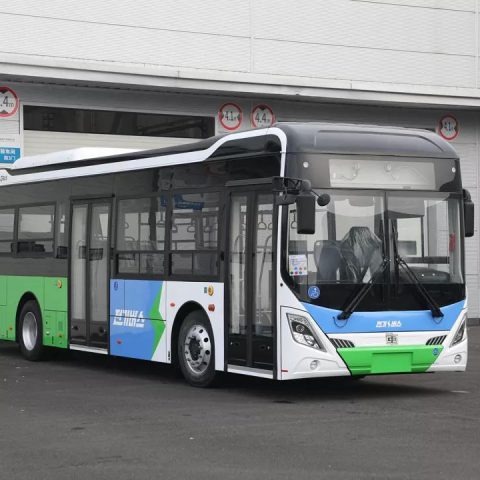CRRC and BYD win two tenders in Southern Italy (Bari and Taranto) for a total of +140 e-buses
CRRC and BYD secured two tenders for electric buses in Southern Italy (99 and 45 units respectively). The news have been reported on Italian trade media Autobusweb (belonging to the same publisher of Sustainable Bus) Bari is indeed going to receive 99 electric buses from CRRC, following the tender awarded to YES EU, dealer of […]

CRRC and BYD secured two tenders for electric buses in Southern Italy (99 and 45 units respectively). The news have been reported on Italian trade media Autobusweb (belonging to the same publisher of Sustainable Bus)
Bari is indeed going to receive 99 electric buses from CRRC, following the tender awarded to YES EU, dealer of Yutong in the Nordics. The state-owned CRRC is a giant in the railway sector and is already active in Europe through the partnership with Hungarian Ikarus. Financed through funds from the European Union’s Recovery and Resilience Facility, the project has a budget of €42,768,000 plus VAT. It’s unclear which model will be provided, if the E12 or the latest add U12, but it’s most likely it’ll be the first one.
Taranto, another city in Southern Italy, in the same Puglia region as Bari, will receive 45 electric buses and 67 plug-in charging stations, valued at €33.3 million. The buses will be provided by BYD, that has just landed a 92-units order in Belgium from De Lijn.
Errata corrige: a first version of this article mentioned Yutong as winner of the tender in Bari, instead of the brand effectively bidded by YES EU (so far known for the dealership of Yutong e-buses in the Nordics)
Bari, the tender requirements
The specifications for the electric buses tendered in Bari emphasize accessibility, sustainability, and passenger comfort. The buses, ranging from 11.50 to 13 meters, must meet specific width and height limits, accommodating a minimum of 70 passengers, including seating for at least 20 and provisions for a wheelchair user.
The structural framework must be steel, aluminum, or equivalent materials, ensuring weldability and corrosion resistance. The modular design of the chassis allows partial replacements as needed, contributing to the longevity and sustainability of the fleet.
The electric buses must achieve a daily range of 185 km between recharges Additionally, the buses must integrate an HVAC system for passenger and driver comfort, operating solely on battery power, eliminating the need for auxiliary fuel.







